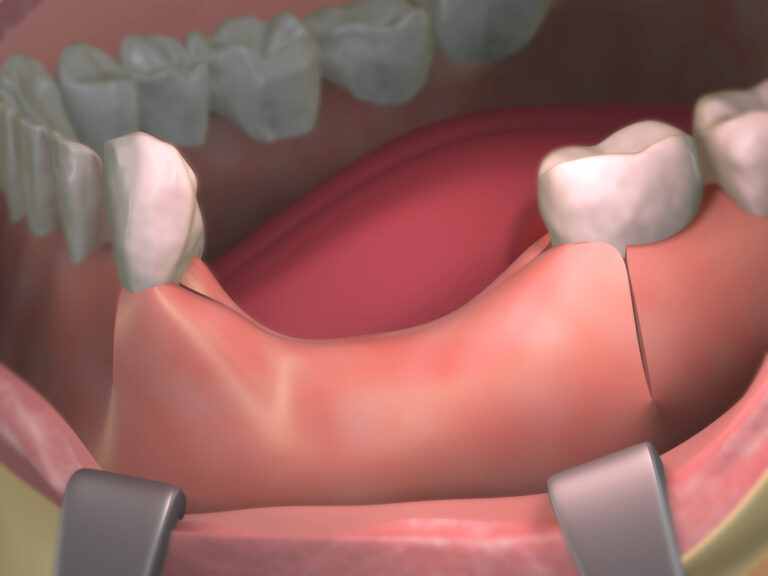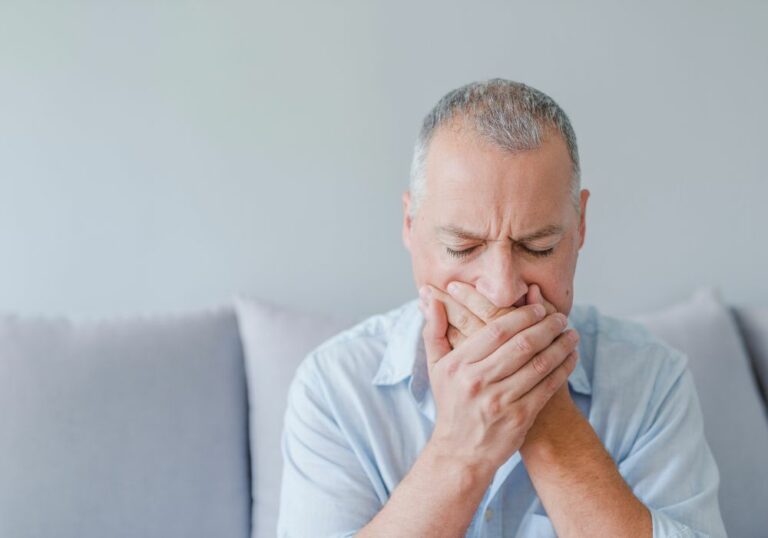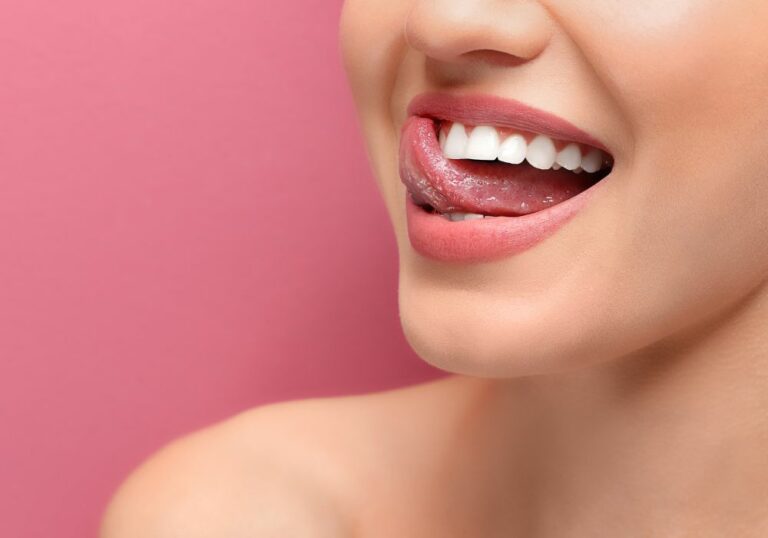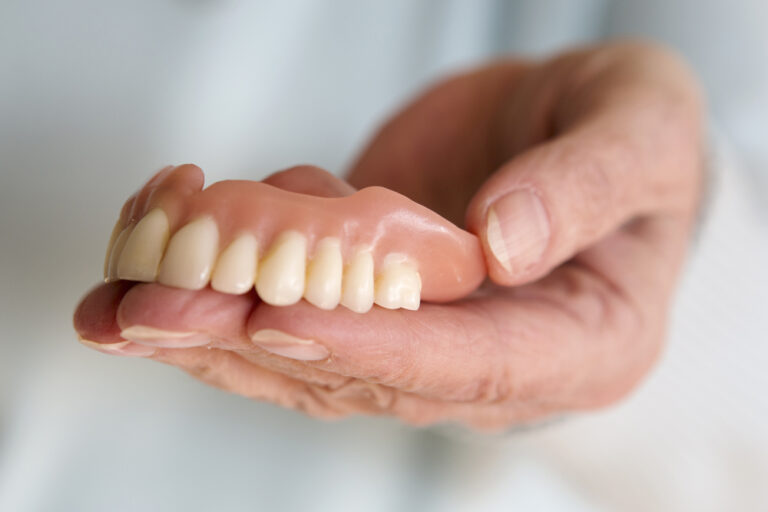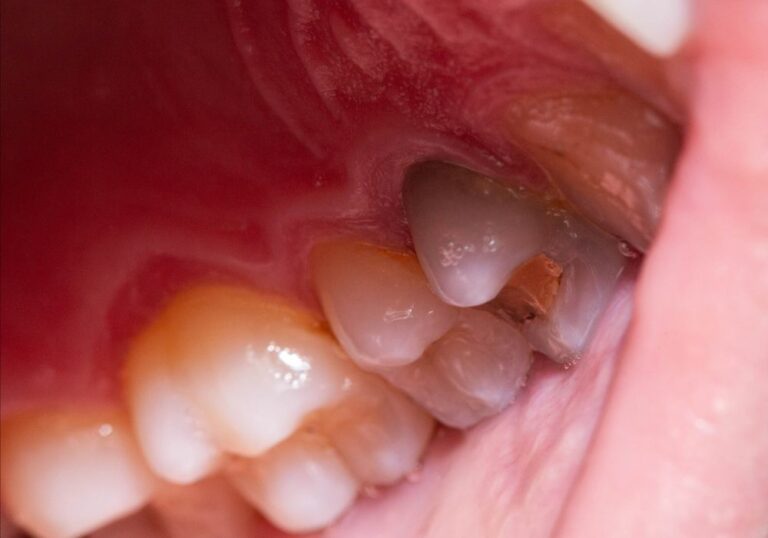Have you ever been so tired that you just can’t bring yourself to brush your teeth before bed? You might have wondered if it’s okay to brush your teeth while lying in bed, but is it really a good idea? In this article, we’ll explore the question of whether or not you can brush your teeth in bed and what the experts have to say about it.
While it might be tempting to try to multitask by brushing your teeth while lying down, dentists generally recommend against it. The reason is that when you’re lying down, saliva doesn’t flow as well as it does when you’re standing up. Saliva helps to neutralize the acid in your mouth and wash away food particles and bacteria, so it’s important to have enough of it when you brush your teeth. If you’re lying down, you might not have enough saliva to do the job properly.
That being said, there are some situations where brushing your teeth in bed might be better than not brushing at all. For example, if you have a medical condition that makes it difficult for you to get out of bed, or if you’re traveling and don’t have access to a sink, then brushing your teeth in bed might be your only option. However, in general, it’s best to make the effort to sit up and brush your teeth properly before you go to sleep.
The Concept of Bedtime Oral Hygiene
Maintaining good oral hygiene is essential for a healthy mouth and overall well-being. However, many people wonder if it is possible to brush their teeth in bed. In this section, we will explore the concept of bedtime oral hygiene and discuss why it is important to brush your teeth before going to sleep.
Why It’s Important
Brushing your teeth before bed is crucial for maintaining good oral health. When you sleep, your mouth produces less saliva, which is essential for neutralizing the acids produced by bacteria in your mouth. If you do not brush your teeth before bed, these acids can erode your tooth enamel, leading to cavities and gum disease.
Moreover, brushing your teeth before bed removes food particles and plaque that have accumulated throughout the day. This prevents the growth of harmful bacteria and freshens your breath, making it easier to fall asleep.
Potential Challenges
While brushing your teeth before bed is essential, it can be challenging to maintain a consistent bedtime oral hygiene routine. Here are some potential challenges you may face and how to overcome them:
- Fatigue: If you are too tired to brush your teeth before bed, keep a toothbrush and toothpaste on your nightstand. You can do a quick brush while lying in bed, removing plaque and massaging your gums with a dry brush.
- Time constraints: If you are short on time, try to prioritize brushing your teeth before bed. You can also save time by flossing and brushing your teeth at the same time.
- Inconvenience: If you find it inconvenient to brush your teeth before bed, try to incorporate it into your bedtime routine. For example, you can brush your teeth while listening to music or watching TV.
In conclusion, brushing your teeth before bed is essential for maintaining good oral hygiene. While it may be challenging to maintain a consistent bedtime oral hygiene routine, it is essential to overcome these challenges and prioritize your oral health.
Understanding Tooth Brushing
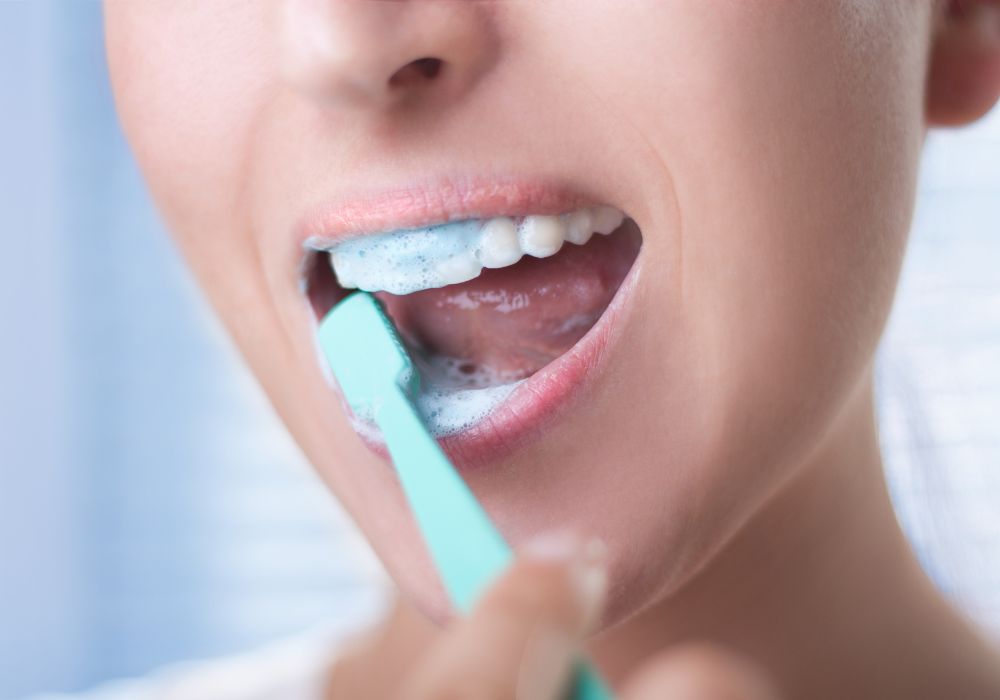
Brushing your teeth is an essential part of maintaining good oral hygiene. It helps remove plaque, food particles, and bacteria that can cause tooth decay and gum disease. However, it’s not just about scrubbing your teeth with a toothbrush and toothpaste. Here are some things you need to know about tooth brushing:
The Right Technique
Brushing your teeth properly is crucial to ensuring that you remove as much plaque and bacteria as possible. Here are some tips on the right technique:
- Hold your toothbrush at a 45-degree angle to your teeth.
- Use short, gentle strokes to brush the outer and inner surfaces of your teeth.
- Brush your tongue and the roof of your mouth to remove bacteria and freshen your breath.
- Don’t forget to brush your gums to prevent gum disease.
Tools and Aids
Using the right tools and aids can also make a difference in your tooth brushing routine. Here are some things to consider:
- Choose a toothbrush with soft bristles to avoid damaging your teeth and gums.
- Consider an electric toothbrush if you have difficulty brushing or want a more thorough clean.
- Use toothpaste with fluoride to help prevent tooth decay.
- Floss or use interdental brushes to clean between your teeth where your toothbrush can’t reach.
By following these tips, you can ensure that you are brushing your teeth effectively and maintaining good oral hygiene. Remember to brush your teeth at least twice a day for two minutes each time, and visit your dentist regularly for check-ups and cleanings.
Pros and Cons of Brushing Teeth in Bed
Benefits
Brushing your teeth before bed is an important part of maintaining good oral hygiene. It helps remove food particles and plaque that can cause tooth decay and gum disease. Brushing your teeth in bed can have some benefits, such as:
- Convenience: If you are someone who struggles to find time to brush your teeth in the morning or at night, brushing in bed can be a convenient option.
- Comfort: Brushing your teeth in bed can be more comfortable than standing at a sink, especially if you have mobility issues or are feeling unwell.
- Relaxation: Brushing your teeth in bed can be a relaxing way to wind down before sleep.
Drawbacks
While there are some benefits to brushing your teeth in bed, there are also some drawbacks to consider:
- Mess: Brushing your teeth in bed can be messy, as toothpaste can get on your sheets or clothes.
- Limited access: Brushing your teeth in bed can make it difficult to reach all areas of your mouth, especially if you are lying down.
- Risk of choking: Brushing your teeth in bed can increase the risk of choking, especially if you are lying down and accidentally swallow toothpaste or water.
Overall, while brushing your teeth in bed can be convenient and comfortable, it is important to consider the potential drawbacks and make sure you are brushing effectively to maintain good oral hygiene.
Alternatives to Brushing Teeth in Bed
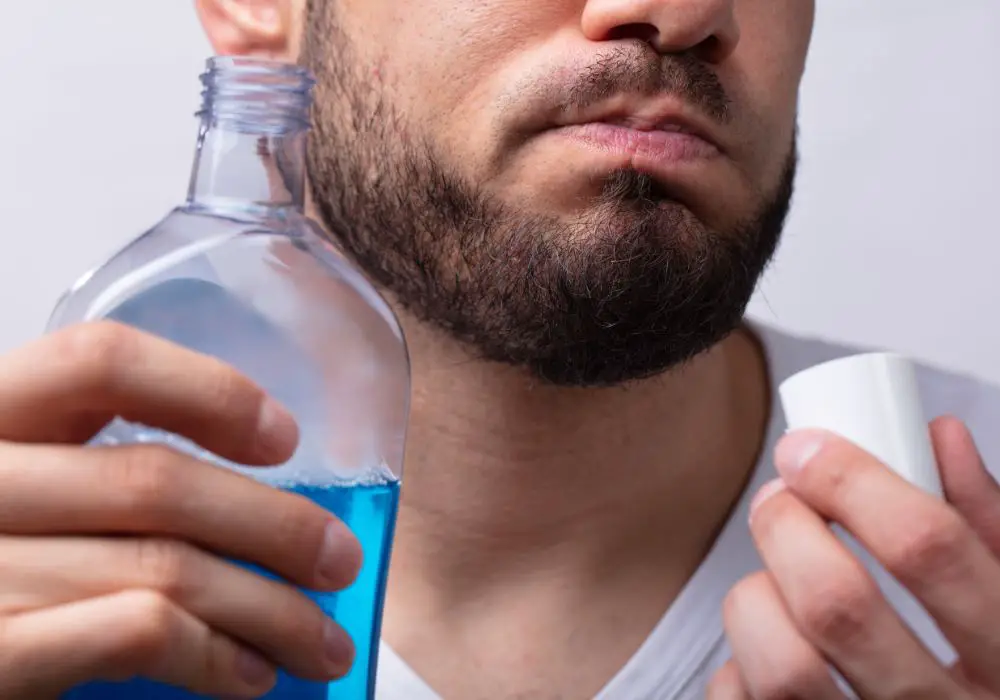
If you are someone who prefers to stay in bed until the last possible moment, you may be wondering if there are any alternatives to brushing your teeth in bed. While it’s always best to brush your teeth at the sink, there are a few things you can do to keep your teeth healthy and clean even if you don’t have time to brush.
Bedside Brushing
If you absolutely must brush your teeth in bed, there are a few things you can do to make it as effective as possible. First, make sure you have a toothbrush and toothpaste within easy reach. Keep them on your nightstand or in a nearby drawer so you don’t have to get out of bed to grab them.
When you’re ready to brush, sit up in bed and lean over a sink or trash can to avoid making a mess. Brush your teeth thoroughly for at least two minutes, making sure to get all surfaces of your teeth and your tongue. Spit the toothpaste into the sink or trash can, and rinse your mouth with water.
While brushing your teeth in bed is not ideal, it’s better than not brushing at all. Just be sure to brush at the sink as soon as you can.
Using Mouthwash
If you don’t have time to brush your teeth, using mouthwash can help freshen your breath and kill bacteria in your mouth. Look for a mouthwash that contains fluoride to help protect your teeth from cavities.
To use mouthwash, swish it around in your mouth for 30 seconds to a minute, making sure to get it between your teeth and all surfaces of your mouth. Spit it out into the sink, and avoid eating or drinking for at least 30 minutes afterward.
While mouthwash is not a substitute for brushing your teeth, it can be a helpful addition to your oral hygiene routine. Just remember to brush your teeth as soon as you can to keep them healthy and clean.
Frequently Asked Questions
What are the benefits of brushing your teeth before bed?
Brushing your teeth before bed helps to remove plaque and bacteria that have accumulated during the day. This can help prevent tooth decay, gum disease, and bad breath.
How long before bed should you brush your teeth?
It is recommended that you brush your teeth at least 30 minutes before going to bed. This allows time for the fluoride in your toothpaste to be absorbed by your teeth and provide maximum protection.
Does brushing your teeth at night help with morning breath?
Yes, brushing your teeth at night can help reduce morning breath. By removing bacteria and plaque from your mouth before you go to bed, you can prevent the buildup of odor-causing compounds that can cause bad breath.
When is the best time to brush your teeth?
The best time to brush your teeth is after meals and before bedtime. This helps to remove food particles and bacteria that can cause tooth decay and gum disease.
How long should you brush your teeth for?
You should brush your teeth for at least two minutes each time you brush. This ensures that you are thoroughly cleaning all surfaces of your teeth and removing plaque and bacteria.
What happens if you don’t brush your teeth before bed?
If you don’t brush your teeth before bed, food particles and bacteria can remain in your mouth overnight. This can lead to bad breath, tooth decay, and gum disease. Over time, untreated gum disease can lead to tooth loss and other health problems.

